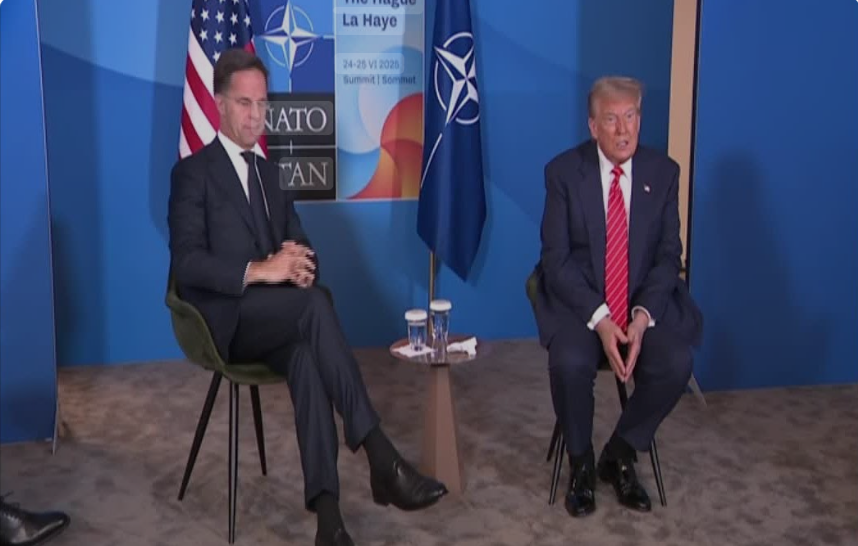Iran-Israel Conflict 2025: CIA Revelations, Global Response, and Trump’s Bold Statements
The escalating Iran-Israel conflict in 2025 has triggered a global wave of political tension, military manoeuvres, and international commentary. With U.S. involvement, CIA intelligence disclosures, and former President Donald Trump’s headline-making remarks, the crisis has become a defining geopolitical event of the year.
CIA Confirms Destruction of Iran’s Nuclear Sites
The CIA officially acknowledged that U.S. airstrikes had “severely damaged” critical Iranian nuclear facilities at Natanz, Fordow, and Esfahan.
- Years-long setback: According to CIA Director John Ratcliffe, Iran’s nuclear ambitions have been set back by “years, not months”.
- Intelligence contradiction: The Defence Intelligence Agency (DIA) had previously suggested a shorter delay, igniting a rare public divide among U.S. agencies.
These revelations point to a coordinated intelligence and military campaign aimed at halting Iran’s nuclear progress.
Trump’s Nuclear Strike Justification: “Like Hiroshima”
President Donald Trump, who ordered the U.S. strikes, claimed the operation “obliterated” Iran’s nuclear capacity.
In a striking historical comparison, he stated:
“I don’t want to use an example of Hiroshima… but that was essentially the same thing. That ended that war. This ended the war.”
His remarks have drawn both praise and criticism globally, with allies calling the move decisive and critics condemning the rhetoric.
Trump and NATO: The “Schoolyard Fight” Analogy
At the NATO summit in The Hague, Trump made headlines again by likening the Iran-Israel war to a “schoolyard brawl”, stating:
“Let them fight for about 2-3 minutes, then it’s easy to stop them… They don’t know what the f— they’re doing.”
NATO Secretary General Mark Rutte responded by calling Trump’s strikes “targeted” and giving him “all the praise” for neutralising nuclear threats. The remark that the U.S. had to act as the “daddy” stopping the fight, added to the summit’s media buzz.
Iran’s Missile Counterattack and U.S. Response
Following the strikes, Iran retaliated with missiles aimed at U.S. bases in Qatar, Bahrain, and Iraq. Trump minimised the damage:
- “Very weak” response, he said.
- No American casualties, due to early warnings that helped forces evacuate or shelter.
Despite the tit-for-tat attacks, Trump later announced a ceasefire, though fighting continued in a limited capacity.
World Leaders React: Diplomacy, Evacuations, and Unease
The international community responded with a mix of caution and condemnation:
- UN Secretary-General António Guterres called the strikes a “dangerous escalation.”
- India remained neutral but evacuated its citizens.
- Israel applauded U.S. intervention, while Iran accused the U.S. of violating sovereignty.
- Militant groups like Hezbollah and the Houthis denounced the alliance between the U.S. and Israel.
Analysts believe both Iran and Israel agreed to symbolic ceasefire conditions while preparing for potential escalations.
Conclusion: A High-Stakes Global Standoff
With shifting alliances, nuclear anxieties, and powerful rhetoric, the Iran-Israel war 2025 remains a volatile situation. The CIA’s disclosures, Trump’s provocative comparisons, and NATO’s measured support all mark 2025 as a year of geopolitical reckoning.



